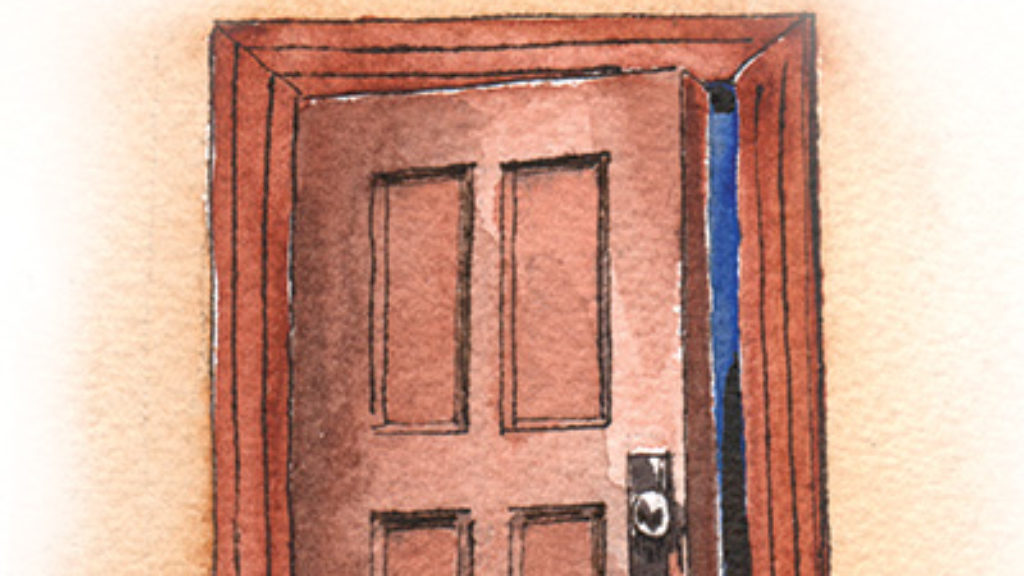
Books vs. Children
"Apparently it is very troubling for children to see their parents working, at least doing the kind of work that does not make itself visibly obvious."
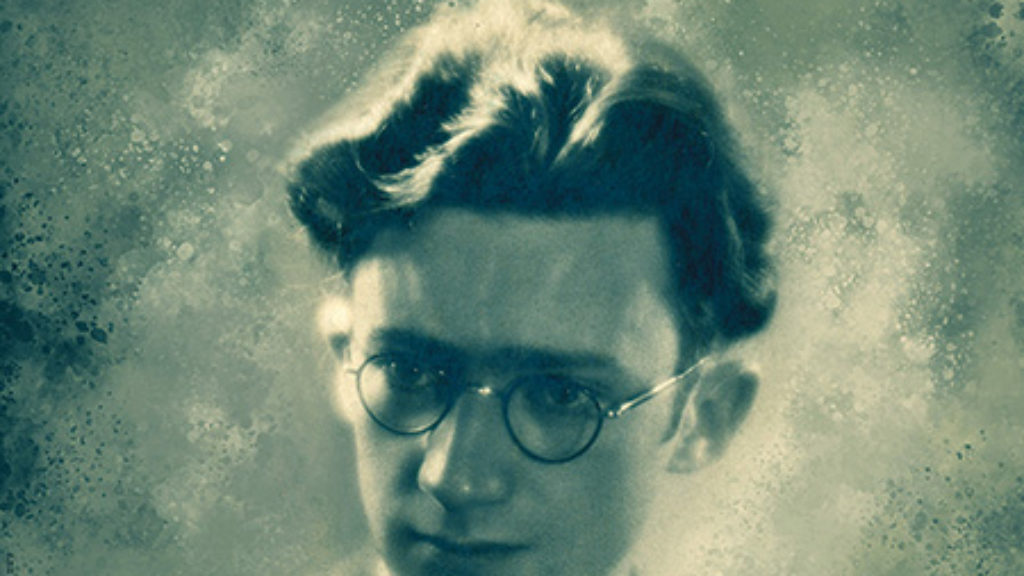
Yiddish Heroism, Hebrew Tears
For Avraham Sutzkever, life and work were not even slightly separate, since his was a life not merely shaped by poetry in a metaphorical sense but literally saved by it, when a poem of his produced an airplane.
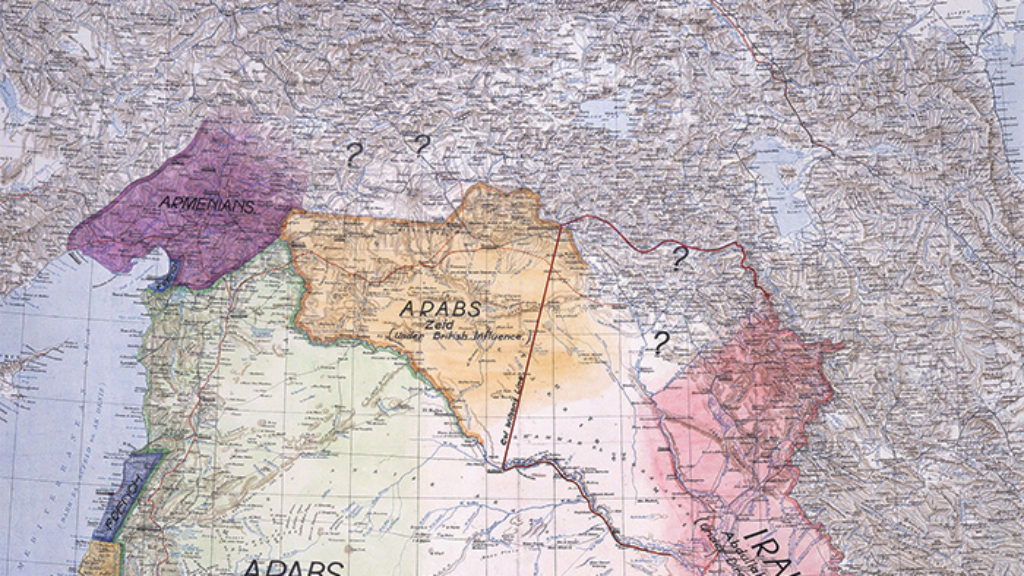
Chaim of Arabia: The First Arab-Zionist Alliance
Chaim Weizmann regarded his 1919 agreement with Emir Faisal as an epoch-making treaty. That didn’t turn out to be the case, but a century later an Arab-Zionist alliance may be reemerging.
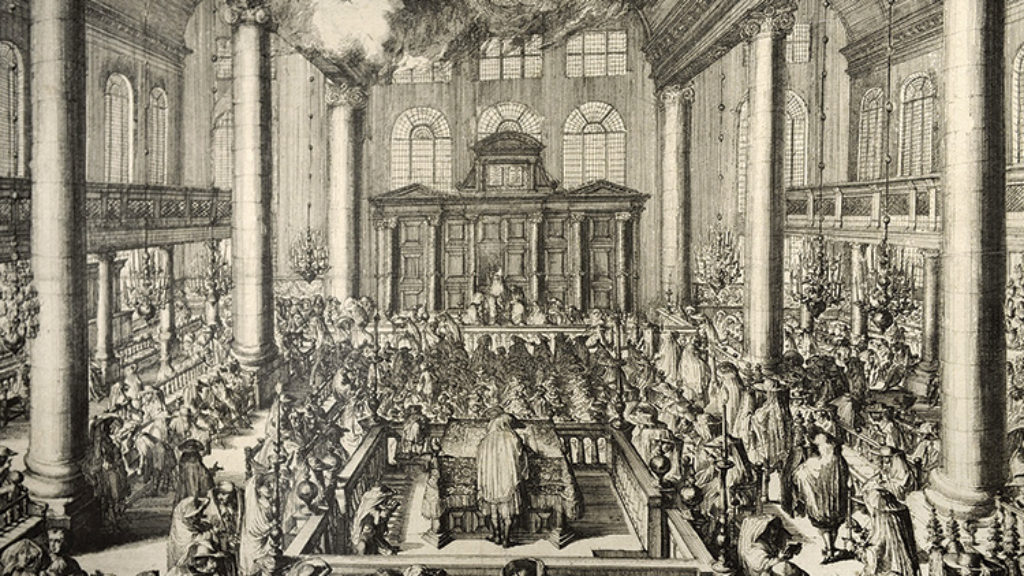
Who Tried to Kill Spinoza?
According to early biographers, somebody tried to kill Spinoza on the streets of Amsterdam. Is the story true, and, if so, who were his attackers?
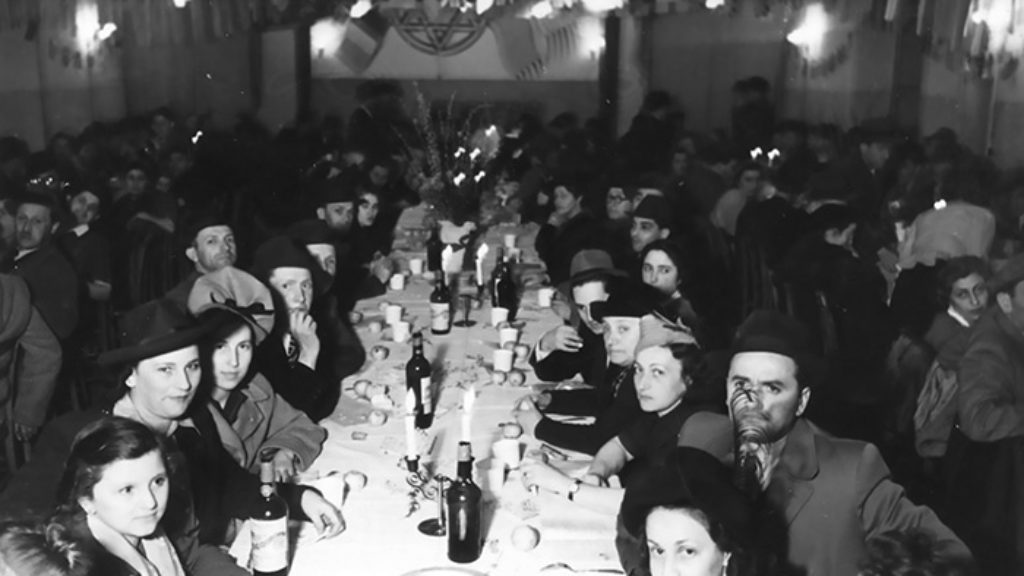
Doron Rabinovici and the Crisis of European Jewish Identity
To live in Vienna as a Jew is also to be reminded that those who perpetrated the Shoah were defeated yet, unlike the victims, were able to resume their lives afterwards.
Freethinker
Melanie Phillips had stumbled into the culture wars by, as she herself describes it, “the staggering tactic of actually observing what was going on.”
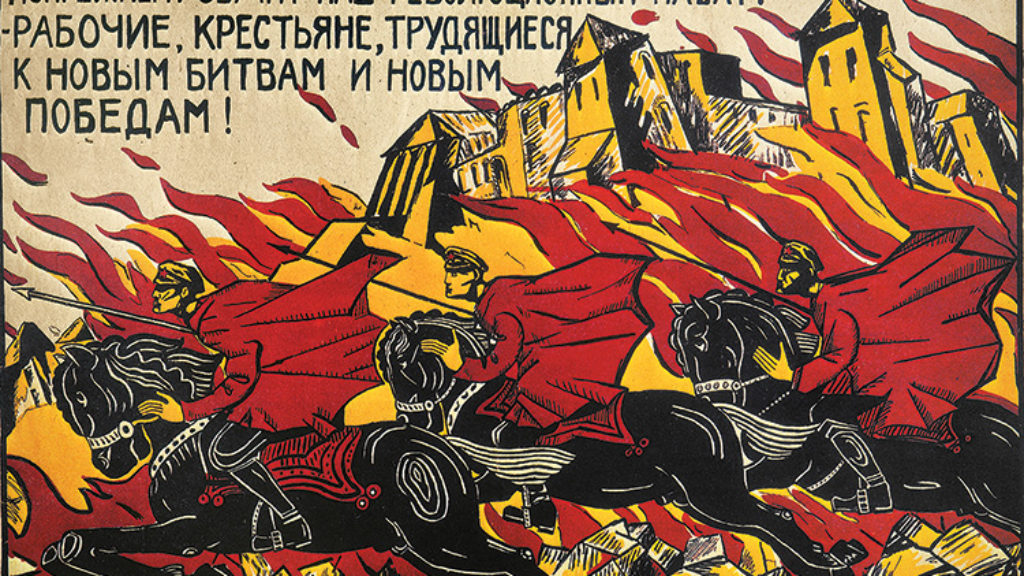
Lenin and Maimonides
Lenin and Maimonides, Communist leaflets and Hebrew verse: What could be more different, in language, in sensibility, in world view?
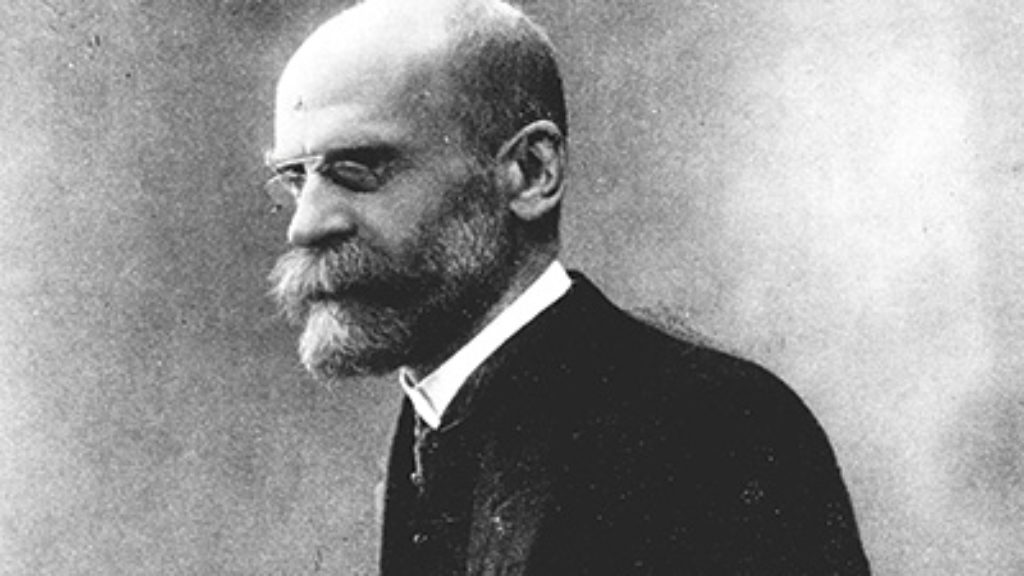
Workday Jews
In their respective books, Chad Alan Goldberg and Eliyahu Stern address the question of whether the Jews are the quintessentially modern people or a people who came to modernity late and with a sudden shock. They reach very different conclusions.

The Homecoming
A 1977 Jerusalem Post article on Harold Pinter's visit to Israel was enticing but short on details. Pinter had just been to the Dead Sea (“hot!”) and Mount Masada (“high!”) and was planning to visit a cousin who lived on a kibbutz.
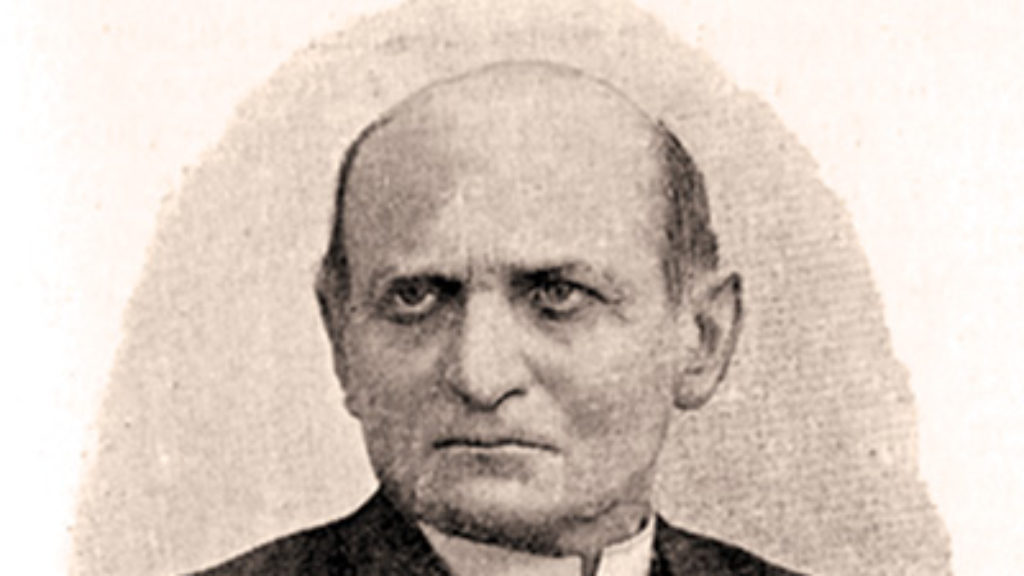
Confusion and Illusions: 1939
In their new book, Jehuda Reinharz and Yaacov Shavit focus on the efforts of the leaders of a diverse and disunited Jewish people in Europe, the United States, and Palestine to cope with this crisis in the years leading up to World War II.